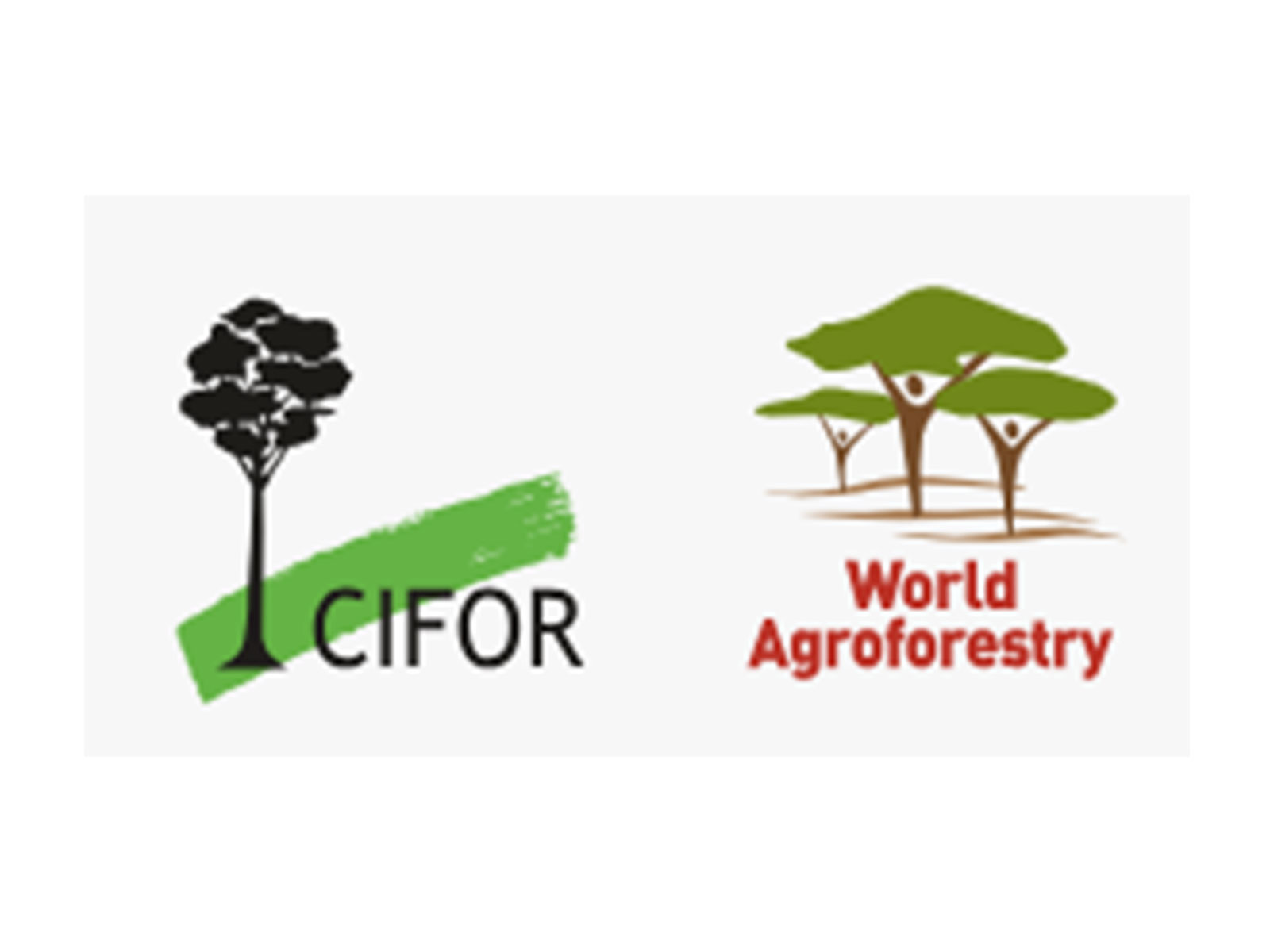Asia Pacific to recover first when air travel restarts: IATA
May 07, 2021

Geneva [Switzerland], May 7 : A new survey by International Air Transport Association (IATA) shows that among all regions, more than half of the respondents expect Asia Pacific to recover 2019 levels of activity first.
This is followed by North America as in the previous January airline business confidence survey. On the other hand, Europe is forecast to return to 2019 levels of demand later than elsewhere.
However, respondents became more pessimistic lately about the timing of recovery and the restart in long-haul traffic. About 67 per cent of surveyed carriers expect the demand recovery to pre-crisis levels will take longer than two years
Only one fourth of respondents are now anticipating a recovery between 12 to 24 months. The expectations regarding long haul recovery moved forward as well. Almost half of the respondents anticipate long haul traffic to restart in 2022 or later.
About 70 per cent of the respondents reported a reduction in their workforce in Q1 as the pandemic continues to affect airline operations. On the other hand, expectations for the future improved as only 15 per cent of respondents expect a further decrease in employment levels in the next 12 months.
The majority of surveyed airlines saw their input costs increase in the past three months due to high fuel prices and fixed costs. Moreover, more than half of respondents expect their unit costs to continue to increase in the next 12 months with resumption of air travel in summer.
The results of IATA's survey of airline CFOs and heads of cargo show that 2021 did not bring a relief for airline industry financials. About 76 per cent of surveyed carriers reported a deterioration in their profits as the pandemic continued to affect travel demand.
Respondents reported not only travel restrictions but also lower fares with increased competition as reasons behind deterioration in profitability. Only 18 per cent of respondents focused on the cargo business reported improvement in their profits.
A wide majority (59 per cent) of respondents continue to report declining passenger yields in the last three months as airlines targeted to revive travel demand by competitive pricing. On the other hand, 19 per cent of respondents reported an increase in yields due to a low base year effect in 2020.
However, cargo yields improved in the first quarter of 2021 with 44 per cent of respondents noting an increase and 15 per cent a deterioration in yields. Respondents continued to cite capacity crunch as the main reason for elevated cargo yields.
Turning to the 12 months ahead, surveyed carriers remain positive about the future. Nearly 36 per cent of respondents expect to see an improvement in yields over the coming 12 months -- up from 22 per cent in January.
Carriers expect yields to increase arising from the demand for value added goods like medical products and vaccines. However, there are also 32 per cent of the respondent expecting a decline in yields over this period. Overall, the weighted score stayed in expansionary territory.
















